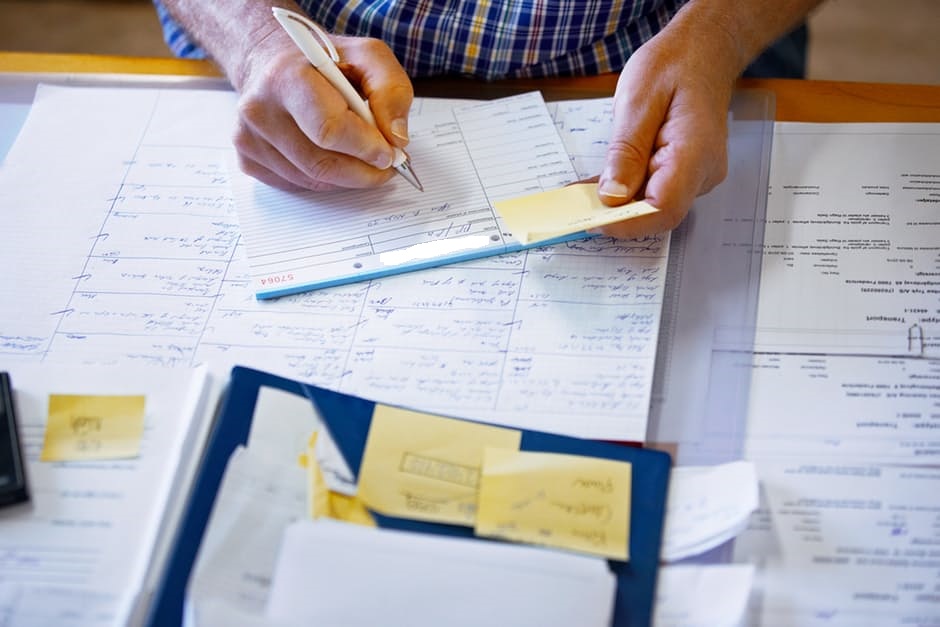
Breaking News & Updates
Xero’s financial report reveals BIG loss but share price pop. - eepurl.com/isNmKQ
Online Receipt Keeping is the Way to Go
A HUGE PART of reconciling your bank account involves coding business expenses or purchases. You then need to keep a record of those expenses in the event you’re ever audited.
Our Xero Bank Reconciliations and Journal Entries Course covers how to code an expense or purchase in Xero, and it’s important to also store your receipts and get them to your bookkeeper if they’re working remotely.
Many people have used Dropbox to capture images of receipts but there are even better ways.
Keep records for 5 years

First off, you now only need to keep your tax records for 5 years. It used to be that a business needed to keep records for 7 years from the date of lodgement, but sometime ago it was reduced to 5 years.
Mind you, that’s still an awful long time. If you’re a contractor, freelancer or operate your business from your home, there’s a good chance you’ll end up losing your tax records before the 5 years is up, particularly if you move.
Store records digitally
Implement a digital filing system that allows you to store your records digitally until you no longer need them.
This is not only a space saver and efficient filing system for those home-based workers, but it also enables you to share those files with your accountant or bookkeeper in an equally efficient manner.
Your accountant, in particular, will love you. So will your remote-working bookkeeper, who’d have otherwise been faced with having to wait for your receipts to come via snail mail or collect them personally from your office.
Keep records of expenses that can’t be identified
If you paid for anything in cash, or made a purchase at a shop like Coles, where it’s not immediately obvious that it’s a business expense, you should keep your receipts.
Other expenses such as the direct debit for your internet or the payment of your mobile phone bill, don’t require you to keep a receipt or copy of the bill.
To be safe, you should also keep receipts for any purchases that may seem like an obvious business expense, but is also ambiguous — fuel purchases, for example — as you may be required to show evidence that you didn’t also purchase a month’s worth of groceries at the petrol station supermarket.
Speak to your accountant for more clarification on what receipts you should and shouldn’t keep.
***
EzyLearn MYOB, Xero and Excel courses count towards Continuing Professional Development (CPD) for bookkeepers and accountants. We’ve been an accredited training provider of the Institute of Certified Bookkeepers until 2018. Find out more…
***

Keeping astute track of receipts is an important task for all businesses, not just large ones. Our Xero Bank Reconciliations and Journal Entries Course covers how to reconcile a bank account using a real life case study, plus much, much more.
You can also learn the fundamentals, like invoicing, credits and reporting, by taking it back a step with our Xero Day-to-Day Transactions Course.
-- Did you like what you read? Want to receive these posts via email when they are published? Subscribe below.











[…] a previous post we suggested it’s a good idea to create a digital filing system for your business receipts and tax records. Storing tax records digitally is not just a space saver — it’s also an efficient way to share […]